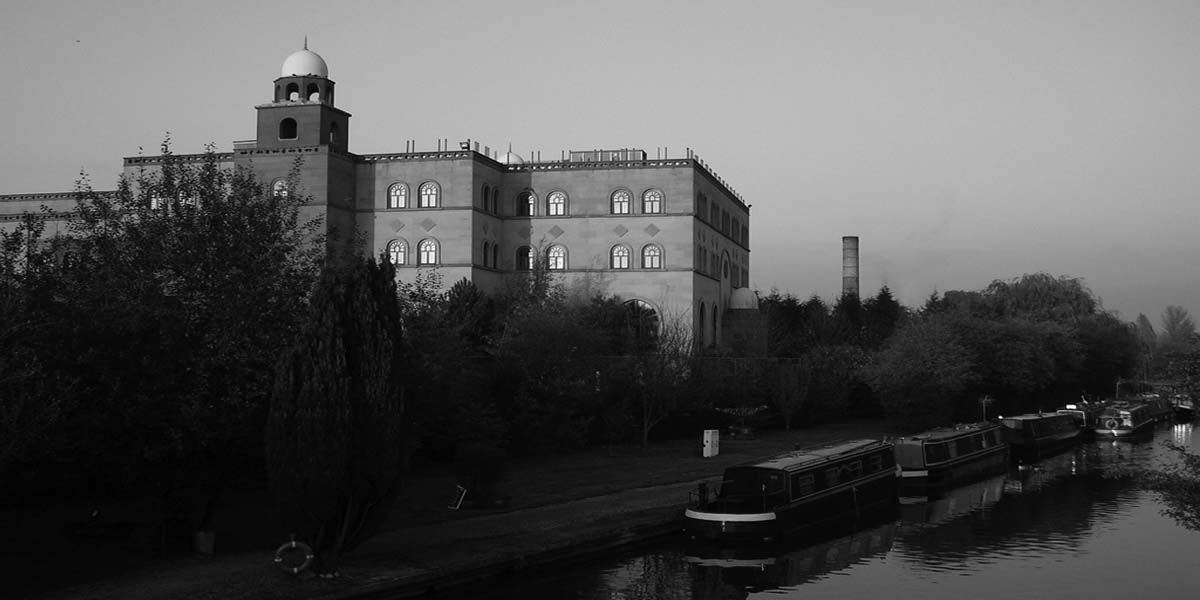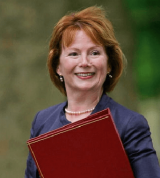Close to home: Working with communities to counter extremism
We have all seen the horrific consequences of extremist ideology here in the UK. We were appalled by the 7/7 London bombings and the murder of trooper Lee Rigby, and our hearts went out to these innocent victims and their...
We have all seen the horrific consequences of extremist ideology here in the UK. We were appalled by the 7/7 London bombings and the murder of trooper Lee Rigby, and our hearts went out to these innocent victims and their families and friends.
Yet there is a real danger we could face more acts of terror here on the back of the conflict in Syria and the rise of Islamic State (IS). The International Centre for the Study of Radicalisation and Political Violence (ICSR) at King’s College has estimated that at least 500 people from the UK have already travelled to fight in Syria.
While we can hope that some will realise the error of their ways once confronted with the appalling reality of IS, others may return to the UK further radicalised and trained to cause harm here. The ICSR estimates that 250 people have returned already and one academic study has indicated that one in nine of them could become terrorists here.
Even if we are able to identify them all, there is then a decision to make in each case about whether criminal charges can be brought successfully and/or whether individuals should be targeted for rehabilitation and support. This is all hugely resource intensive and, while it is essential to our national security, in the longer term we must deploy resources at an early stage to get to the root cause of this flow of men and women to Syria, many of them young people.
That means working closely within communities to tackle the reasons these people become disaffected and susceptible to radicalisation. We have had the Prevent programme in place for more than a decade now but over the last few years I’ve been disappointed that it has focussed upon people already on the brink of becoming extremists. Early intervention should be more important now than ever.
My other concern is that Prevent has effectively become a Home Office scheme, with the Department for Communities and Local Government no longer playing an active role in the programme. This is troubling as Prevent is much more powerful when it is driven from within local communities rather than by central government. Councils have those vital links through their own staff in areas ranging from housing and social work to youth workers and teachers. But they also have important connections on the ground with the likes of mosques, community associations and colleges and universities. We need this local knowledge to deliver the programme in a sensitive and effective way.
Parts of Prevent like the Channel programme, which is focused upon intensive one-to-one mentoring to challenge extremist views, have been really effective. But we need to make sure we reach all parts of the community. These include Muslim women, who are often hugely influential members of a family unit and may be the first to spot signs of radicalisation, as well as young people. We need to give both the status and a platform to express their ideas about the challenges facing them in their efforts to integrate and fulfil their ambitions in modern British society.
The role of education in schools and madrassas is also vital. To ensure the true message of Islam is promoted – that it is a religion of love and peace – there should be appropriate regulation of the madrassa curriculum and those who teach it. Teachers and imams should be properly qualified and able to teach in English, and we must also do more to ensure all children are taught about different faiths.
I believe it is wrong for government to sponsor a particular interpretation of a religion. But I also believe it is vital that the moderate Muslim majority works with respected scholars to counter the messages of extremists and to develop a coherent narrative which is widely accepted as the authentic voice of Islam.
Muslims and people of all faiths united here in Greater Manchester to condemn the murder of Alan Henning. Most of us get along and live together in harmony. Now we must work together to expose the un-Islamic beliefs that led to Alan’s death.
That is why the next phase of Prevent must be about engaging and empowering communities, with a stronger focus on good citizenship and understanding of different faiths and cultures. We need to show that Britain is an open, free, tolerant and inclusive democracy in which the beliefs of all lawabiding people are respected. And only by strengthening the ability of communities themselves to challenge the extremists will we be able to overcome this threat to us all.
Hazel Blears is the Labour MP for Salford and Eccles
This piece originally appeared in the Winter edition of the Fabian Review

